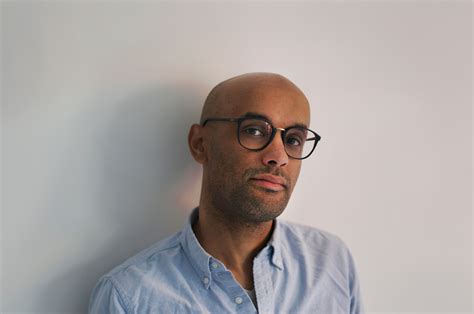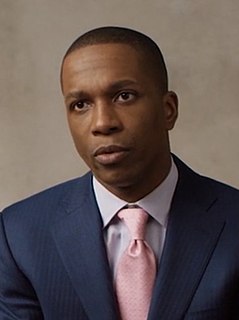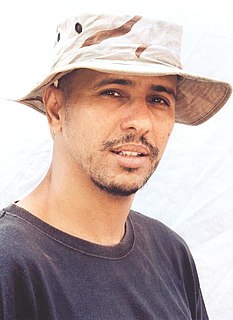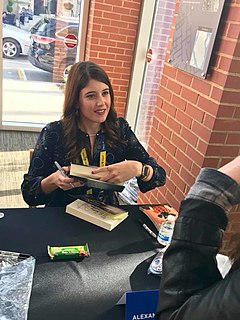A Quote by Steve Rushin
Hurricane Irene's advance coverage was heavy on worst-case scenarios. Thank goodness they didn't pan out.
Related Quotes
The future is unwritten. there are best case scenarios. There are worst-case scenarios. both of them are great fun to write about if you' re a science fiction novelist, but neither of them ever happens in the real world. What happens in the real world is always a sideways-case scenario. World-changing marvels to us, are only wallpaper to our children.
What's at risk [in 100 years] if we do not take action, truly is the survival of civilization as we know it... Literally that is the case. We have seen global warming so far of just a little bit less than one degree Celsius and look at what's happened. Superstorm Sandy. Boulder Colorado. All these fires. Hurricane Irene one year before.
There was a lot of the 'Hamilton' experience that was like a locomotive. It was a hurricane, so the apartment often looked like a hurricane. There were clothes and shoes all over. We were getting more things in than we had room for. We had to figure out how to make space for all the blessings and goodness coming toward us.
As soon as I moved to New York, I experienced Hurricane Irene and then Hurricane Sandy hit me in quite a big way. I had 12 days without any electricity or any water. The thing that I realized the most from it was that we've become so dependent on technology. There's so much accessibility to information that suddenly when everything is cut off, you're completely lost, and you start asking deeper and more profound questions - how short life is, and how grateful we should be for things.







































